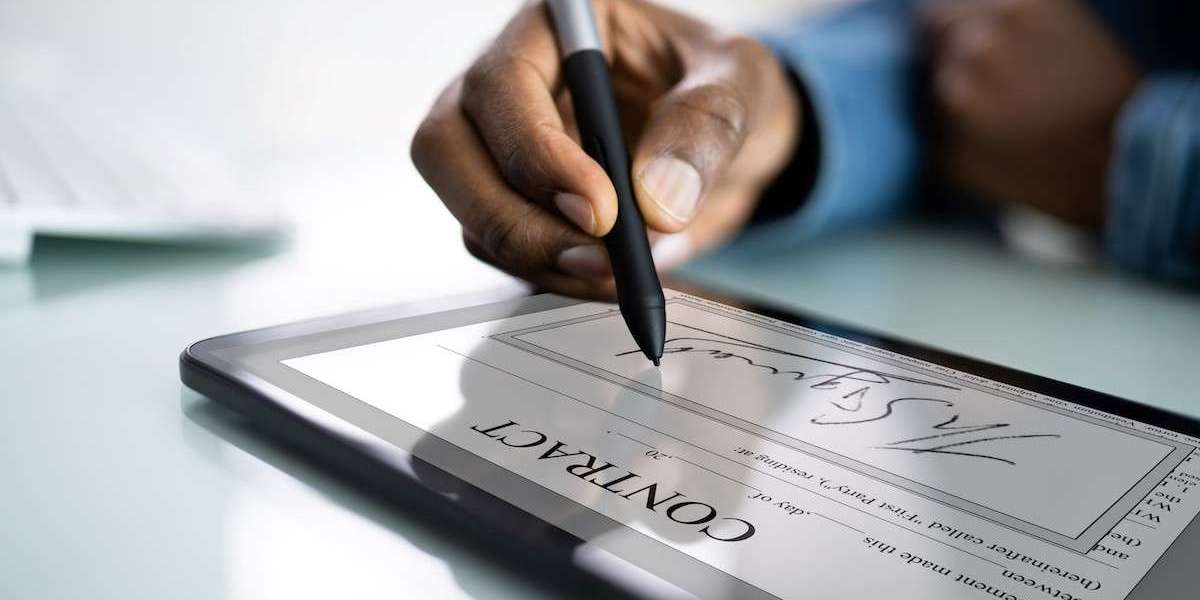e-signature, or electronic signature, has become a cornerstone of modern digital business. It allows individuals and organizations to sign documents electronically without the need for physical paper or in-person meetings. Whether you're finalizing a contract, approving a form, or authorizing a transaction, an e-signature makes the process fast, secure, and convenient.
What is an E-Signature?
An e-signature is a digital representation of a person’s intent to agree to the contents of a document. This can be achieved through various methods, including:
Typing your name
Drawing a signature with a finger, mouse, or stylus
Clicking an "Accept" or "Sign" button
Uploading a scanned image of your handwritten signature
Regardless of the method, an e-signature serves the same purpose as a traditional handwritten signature and is legally valid in many countries.
Benefits of Using an E-Signature
Implementing e-signature technology offers several advantages:
Speed: Documents can be signed and returned in seconds, accelerating business processes.
Accessibility: Sign from any device—smartphone, tablet, or computer—anytime, anywhere.
Security: Most e-signature platforms use encryption and digital audit trails to protect document integrity.
Cost Reduction: Save money on printing, scanning, faxing, and postage.
Eco-Friendly: Helps reduce paper usage and environmental impact.
Industries That Rely on E-Signature
The versatility of the e-signature makes it essential in a wide range of sectors:
Real Estate: Purchase agreements, lease documents, disclosures
Legal: Contracts, settlements, NDAs
Finance: Loan applications, account forms, investment documents
Healthcare: Patient consent forms, medical authorizations
Human Resources: Offer letters, tax forms, employment agreements
Legal Validity of E-Signature
The e-signature is legally recognized under several international laws, including:
ESIGN Act and UETA in the United States
eIDAS Regulation in the European Union
Various country-specific electronic transactions laws around the world
These frameworks ensure that e-signature is legally binding when proper authentication, consent, and data integrity are in place.
Conclusion
The e-signature is revolutionizing how agreements are made and documents are processed. With its legal validity, enhanced security, and unparalleled convenience, the e-signature is an indispensable tool in the digital age. Whether you're a solo entrepreneur or a global enterprise, adopting e-signature technology is a smart move toward efficiency and innovation.







